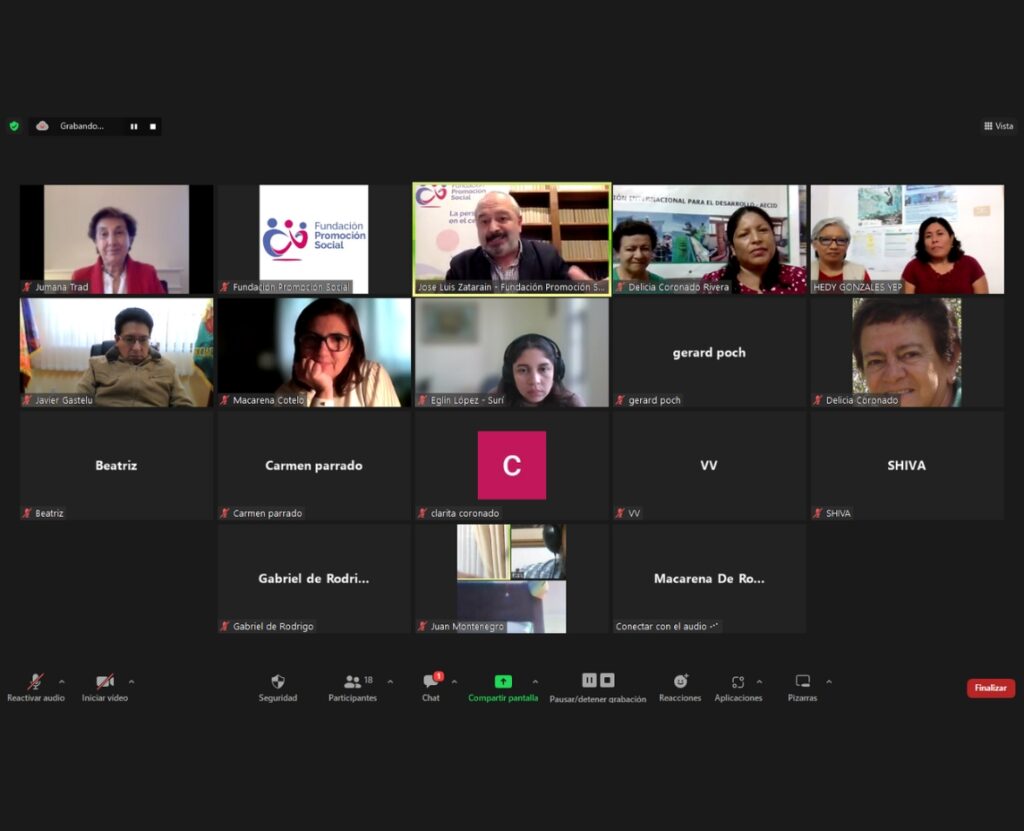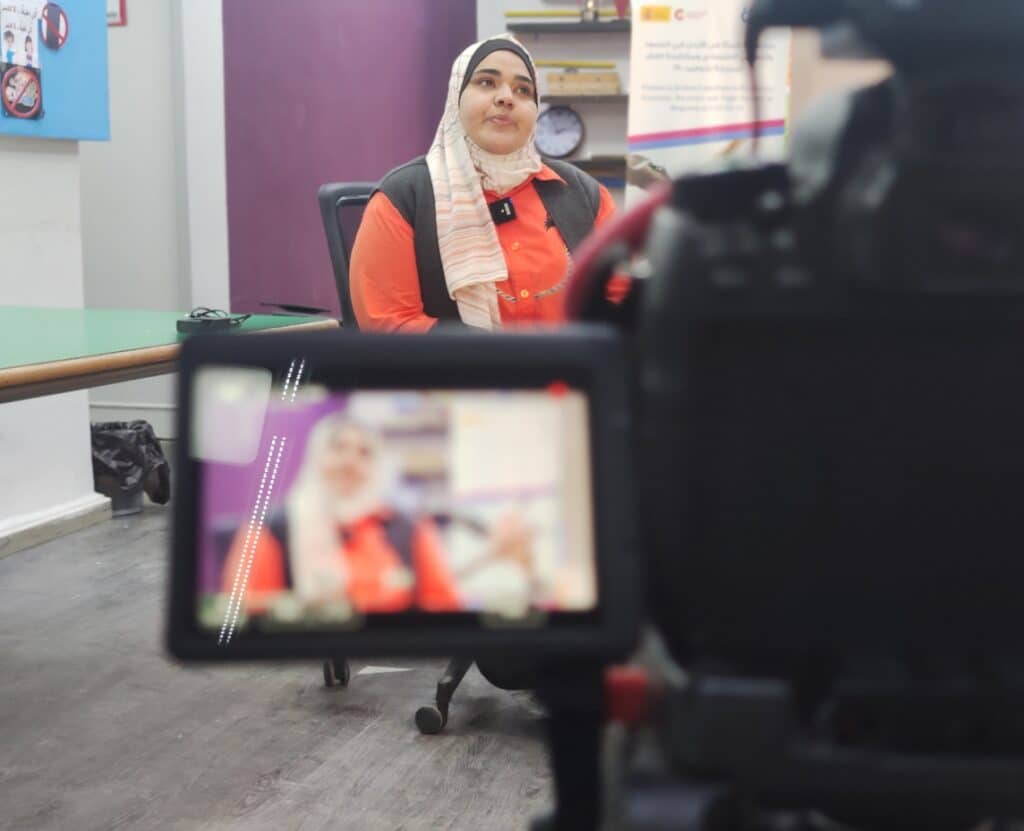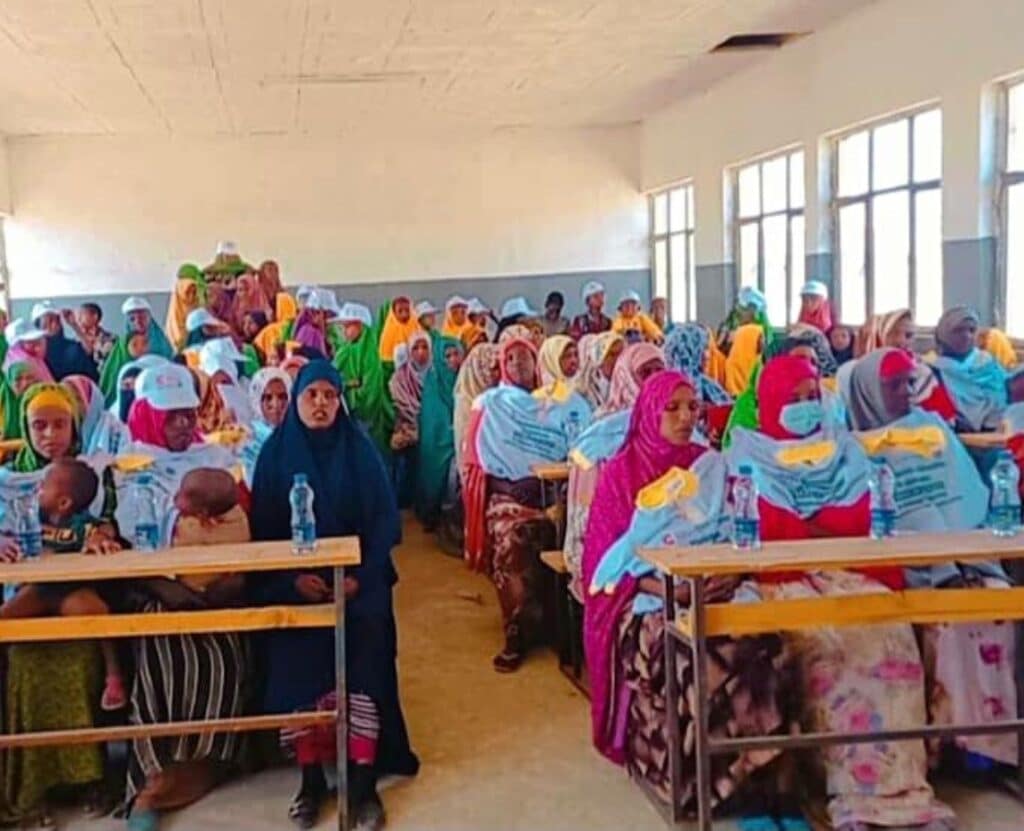
From the Foundation we want, first of all, to pay tribute to all the women and girls, holders of the rights of our Projects.
The promotion of women and equal opportunities between women and men, is an end and a primary objective in the work of the Foundation since its inception.
For this reason, in 2019, Social Promotion Foundation created the Women and Equality Observatory (OMEI), a multidisciplinary network of experts in the analysis of the situation of women in the world, which was born with a universal vocation, since the situation of women have common roots anywhere in the world, and with the will to contribute to the development of initiatives that promote human development.

The event, whose title was “OPPORTUNITIES AND CHALLENGES OF RURAL WOMEN AND GIRLS: THE CASE OF PERU”, helped to understand their situation and discover good practices in favor of rural women.
Led by Delicia Coronado, Director of “Escuela Campesina de Educación y Salud- ESCAES” (Peru), we addressed this issue and had the testimony of rural women who participate in ESCAES projects and who promote their empowerment.
During her speech, Delicia Coronado referred to ESCAES’ commitment to promoting human development “so necessary in our areas, especially in areas of extreme poverty, where tremendous dehumanization occurs.”
They work on two axes, health and education. They understand education as a process of human development and conceive health as the total physical, mental, social, and economic well-being of the rural people who participate in their projects. They also promote their active participation in society.
“We want to small businesses, or large businesses to be done, whatever is possible, we foster entrepreneurship especially among women so that they obtain an economy, the big problem for women is that they depend on their husbands for everything.”
She described the situation of rural women in Peru as very harsh from birth.
ESCAES organizes meetings with women in what they call “culture circles” and there they learn about their rights, learn to share their experiences, their situation, their perception of the reality that surrounds them, “what is happening and how does it what happens, what happens to one, also happens to the other”.
Women in Culture circles learn to appreciate why they want to participate. Many times with great sacrifice. Little by little, a macho culture that is so difficult to replace is being changed by a new culture.
She commented that, with a lot of effort, some men do accept a change of attitude.
“With these circles of culture, people are changing, you have to educate, you have to raise awareness with love, with respect, with respect also for man, because man is also a victim of an inherited culture.
We are moving from a macho culture to a more democratic culture, to a culture of rights, to a participatory culture, to a culture of equal opportunities, to a culture of women’s participation, I tell them, look at you, men are those who miss it because they are wasting all the contribution that women can make, we have another vision of the world and, therefore, you are missing it.
Women also realize that they are developing capacities, they are sensitive to their rights, they are sensitive to their right to participate, they are fighters, managers, they organize themselves”.
She analyzed many of the interventions carried out within the framework of the work of ESCAES, with rural women, both in Cajamarca (Andes), and Ayabaca as well as in the Sechura Bay on the coast (Piura).
In Sechura, she analyzed the work of ESCAES, with the rural population, in which they promote training in mariculture for men and women equally.
The empowerment of young women in a sector traditionally monopolized by men, who did not look favorably on the incorporation of women from their community, is impressive.
Currently, many women in Sechura participate in ESCAES education and training programs and currently work in the sector.
Rocío Granados Chiroque and Susana Puescas Galán participated and shared their experience from Sechura, with some testimonials of improvement, which are inspiring for many women.
The meeting was recorded and is accessible in the following video:

We want to thank Asma’a (33 years old), Hiba (33 years old) and Suha (32 years old), rights holders of the Project financed by AECID that the Foundation develops in Jordan to promote autonomy for their participation in the audiovisual material and their testimony. and resilience of women in vulnerable situations, as well as to combat possible situations of violence.
In our projects in Palestine and Egypt, activities related to the empowerment of women holders of rights will be organized during the month of March to celebrate International Women’s Day.
On March 16, in Luxor (Egypt), the first meeting of a group of “Champion Entrepreneurs” (their projected business projects were selected) of the old project in 2019 and the ongoing project, a continuation of that one, will take place.
At this meeting, 8 Champions will be selected to join a special line of capacity building and support to grow their businesses and become role models for the youth of their local communities.
In Palestine, under the activities of the 2018 Agreement, an online meeting with 3 women’s cooperatives from Nablus (West Bank) will take place next week (March 15) as a follow-up to the round tables that took place in March 2022, and where the challenges and risks they face will be studied in depth in order to identify mitigation actions.

The HCS ceremony was attended by representatives of the regional women’s office, The woreda women’s office, the President of the woreda and the entire community.
The aim of the event has been to raise awareness about HIV/AIDS, early marriage and female genital mutilation and to promote positive learning among students and the community.





